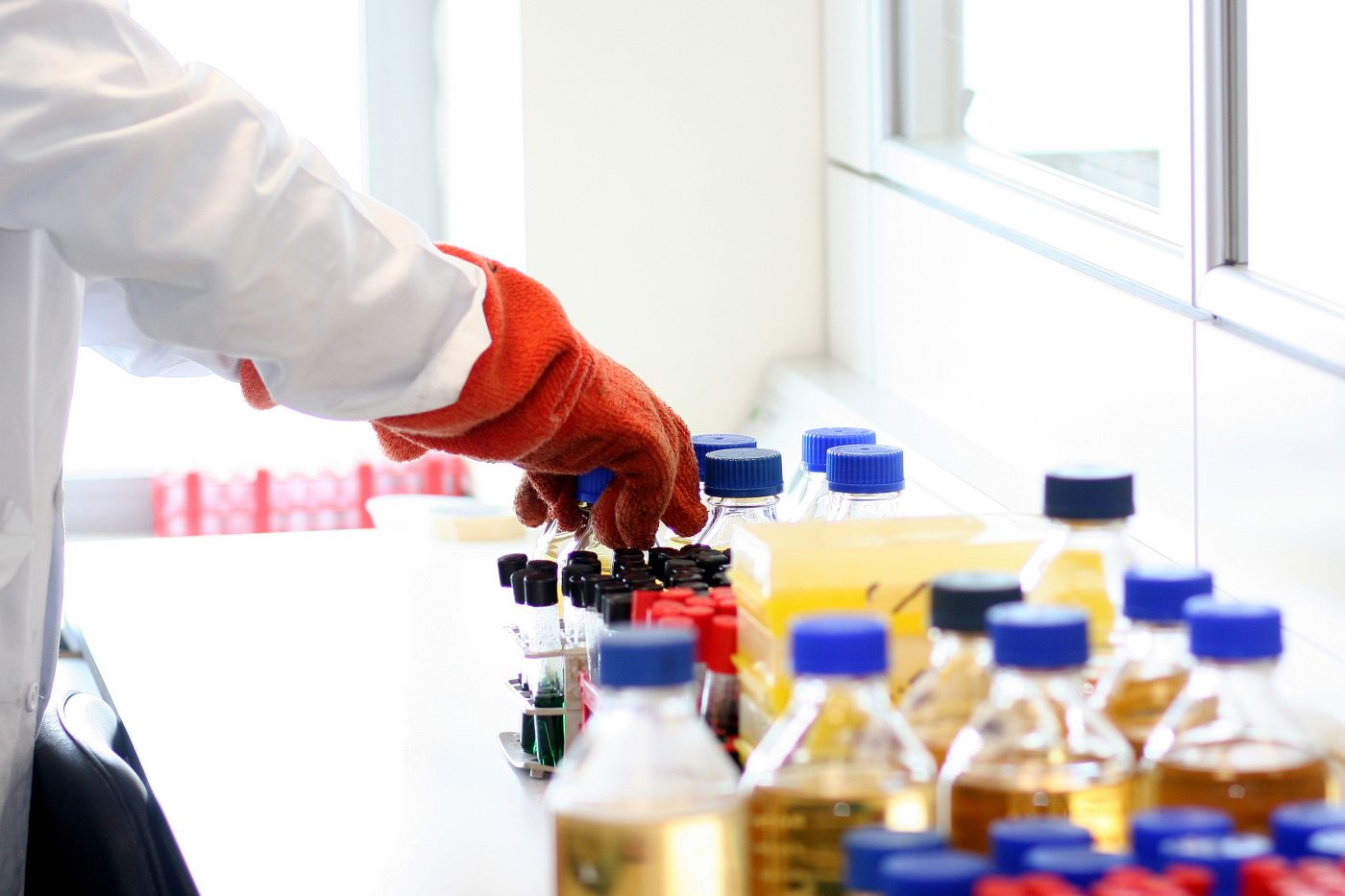Why I Drink Gatorade
Written by |

In 1965, a coach for the University of Florida football team — the Gators — noticed that his players were being affected by heat-related illnesses. The coach then asked a team of physicians to determine the exact cause for his players falling ill. The physicians discovered that the team was losing more fluids than they could replenish. That’s when Gatorade was invented.
Why is Gatorade better than water? Gatorade contains electrolytes. Electrolytes are chemicals such as sodium, magnesium, calcium, potassium and other key nutrients that aid in the function and overall health of our cells. They help improve hydration by directing water to the parts of the body where it’s needed and by maintaining fluid balance inside the cells. Electrolytes get their name from the act of sending electrical charges to muscles to help them move and contract. (This is true of Gatorade and other brands similar to it.)
The Muscular Atrophy News forums are a place to connect with other patients, share tips and talk about the latest research. Check them out today!
I’ve been criticized for drinking Gatorade. They say it has too much salt and sodium for someone who isn’t active. But for a person like me, whose muscles and cells don’t function properly, the electrolytes in Gatorade help keep my heart rate steady and my body hydrated. I do, however, drink the G2 version, which has half the calories but still gets the job done.
Gatorade is something that is always in stock at my house, but I don’t drink it only. I break it up with other beverages about every other hour. When my family and I are out and about, I have a water bottle holder that’s attached to my wheelchair, so I can easily stay hydrated on the go.
I’m not a doctor, and I’m not trying to promote Gatorade as a cure for muscle disease. I’m simply explaining how it benefits me in hopes of helping people to understand my point of view.
***
Note: Muscular Dystrophy News is strictly a news and information website about the disease. It does not provide medical advice, diagnosis or treatment. This content is not intended to be a substitute for professional medical advice, diagnosis, or treatment. Always seek the advice of your physician or another qualified health provider with any questions you may have regarding a medical condition. Never disregard professional medical advice or delay in seeking it because of something you have read on this website. The opinions expressed in this column are not those of Muscular Dystrophy News or its parent company, Bionews Services, and are intended to spark discussion about issues pertaining to muscular dystrophy.






Leave a comment
Fill in the required fields to post. Your email address will not be published.